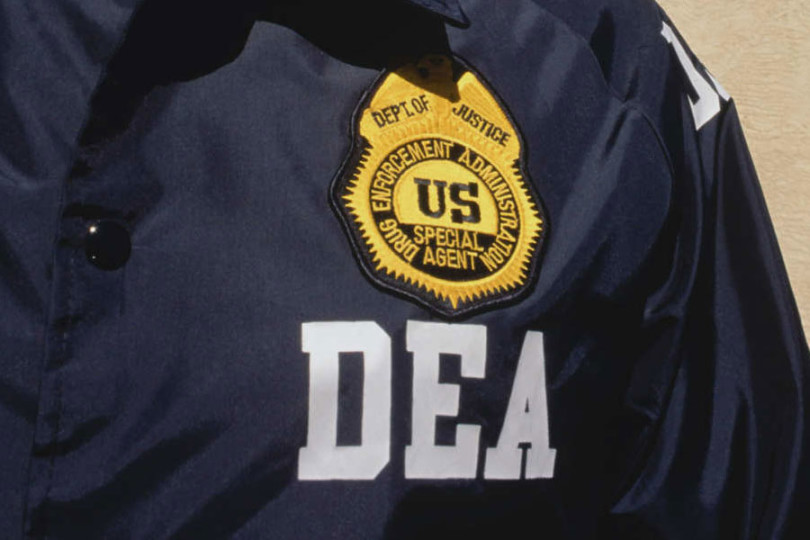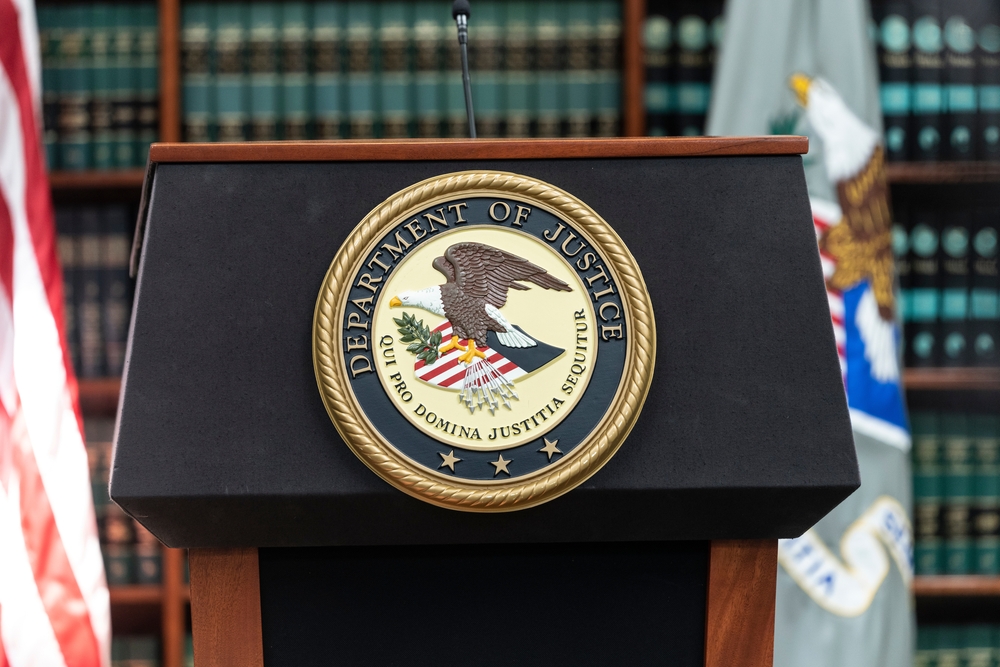By Steve Neavling
A federal watchdog is criticizing the DEA for failing to promptly report human rights violations committed by its Latin American law enforcement partners, who admitted to torturing crime suspects through waterboarding, suffocation, and other brutal methods.
In a management advisory memorandum published Tuesday, the Justice Department’s Office of the Inspector General outlined the DEA’s obligations under the Leahy Act, which prohibits the U.S. from providing foreign aid to security forces that engage in human rights violations, the Associated Press reports.
The report focuses on the DEA’s relationship with foreign police officers and units working closely with the agency in the war on drugs. These officers are required to undergo vetting to comply with the law, which is considered a crucial tool for promoting human rights among security forces receiving U.S. support.
As part of an ongoing audit into the DEA’s use of polygraph examinations during the vetting process, the Inspector General discovered five instances in which the DEA failed to notify the State Department of potential human rights violations uncovered last year.
In one case, three officers from an unidentified Central American country admitted to waterboarding and placing plastic bags over suspects’ heads to extract information. Another officer, also from Central America, acknowledged using a Taser on suspects until they passed out or vomited. A final case involved an officer from a DEA-run unit in a South American country, who admitted to beating a handcuffed suspect while they were tied to a chair.
Despite these admissions, the DEA waited until the Inspector General raised concerns before reporting the findings to the State Department — with one case delayed nearly nine months.
The DEA did not immediately respond to the AP’s requests for comment.
However, the agency informed the Inspector General that at the time of the incidents, it lacked proper policies, procedures, and training to ensure potential violators were reported to the State Department in a timely manner. Since then, the DEA has updated its guidelines and implemented training for agents on the Leahy Law to ensure future violations are identified and addressed promptly.
Last week, the Inspector General also released a 49-page report detailing how the DEA had hired nearly 300 special agents and research analysts who had either failed polygraph tests or provided disqualifying information during the hiring process.






